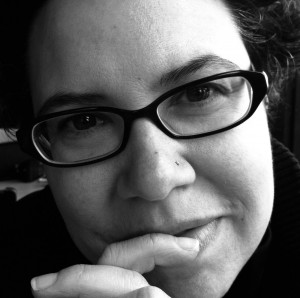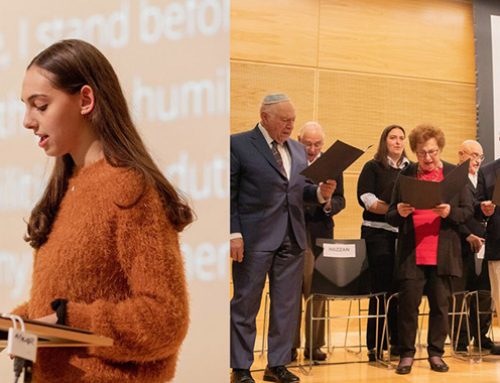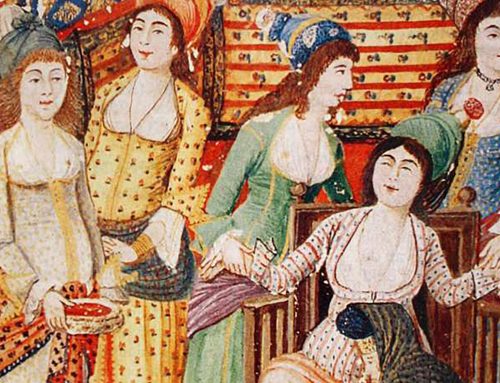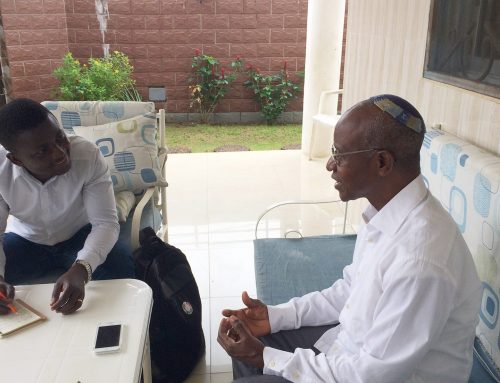
Jamie Merriman-Cohen asks how a meaningful change can take place.
This past summer I began a series of month-long self-improvement challenges. Inspired by Gretchen Rubin’s “The Happiness Project” and Matt Cutts’ TED talk “Try something new for 30 days,” I wondered if exploring a topic in depth, or doing an activity everyday for 30 days, might result in noticeable changes to my thoughts, behaviors, and patterns. According to Matt Cutts, 30 days is just about the right amount of time to get unstuck from a rut, add a new habit, make the passing of time more memorable, grow your self-confidence, and become more adventurous. Over the course of three months I tried to Be Curious, Be Grateful, and Be a Friend. I then took on a 40-day yoga challenge (which at least counted for two months!).
These challenges did yield greater insight, improved habits, and more positive (albeit different) outcomes than I had expected at the outset. A wonderful take-away from the Be Curious month is to loudly declare “I feel curious!” (especially when I’m anything but), which instantly opens new possibilities. After spending 30 days cultivating gratitude I’m more apt to notice opportunities to be grateful and to let go of minor annoyances. A pleasant learn from the Be a Friend challenge is that I already am a good friend…who could use some work on setting boundaries. 40 consecutive days of yoga later, I still can’t make my way into a handstand; however, I was able to push many self-imposed limits and deepen my practice.
Surprising and unexpected revelations emerged during each challenge, which have transformed my way of being in both subtle and overt ways. This led me to wonder if using a challenge framework might help resolve my nagging feeling of disengagement from Judaism. Like going on a date with somebody who appears to be perfect for you – but isn’t – everything in my Jewish life looks right on paper, but lacks that certain spark that leads to a fulfilling long-term relationship. I have done, and am doing, all of the formulaic things that are supposed to ensure continuity – I went to Jewish camp, lived in Israel, belong to a synagogue, send my son to Jewish day school, bake challah for our weekly Shabbat dinner, have many Jewish friends, and support several Jewish organizations. However, I’m missing a true feeling of connection to Judaism and a Jewish community.
Could a designated Be a Jew month transform my relationship with Judaism in meaningful and sustainable ways? Could I get out of my spiritual rut and find a renewed sense of curiosity about Judaism? Would gratitude for my religious and cultural heritage increase? Could my Jewish practice deepen?
Since the number forty holds sacred significance in the Torah, Talmud, and mystical texts, typically designating a time of radical transition and transformation, it seems only fitting that this Be a Jew challenge extend for 40 days. After all, Noah spent 40 harrowing days locked in an ark full of smelly animals trying to survive a great flood, only to open his window to a purified but entirely new world, and he still managed to get blissed out over doves and rainbows. Moses climbed Mount Sinai, went without eating or sleeping while he received the Torah, and according to eyewitness account, when he descended 40 days later he was radiant from his time communing with God. According to Pirkei Avot 5:26, “a man of forty attains understanding.” As I recently turned 40 (which also makes me eligible to study Kabbalah, amongst other privileges of middle age), surely I now possess the necessary wisdom and fortitude to spend 40 days exploring what it means to be a Jew? Perhaps I will experience some form of radical transformation, too.
Matt Cutts closes his TED talk with this call to action: “What are you waiting for? I guarantee you the next 30 days are going to pass whether you like it or not, so why not think about something you have always wanted to try, and give it a shot, for the next 30 days?”
What are you doing for the next 40 days? How about taking the 40-Day Jewish Challenge with me?
Jamie Merriman-Cohen is a member of the Stroum Jewish Studies Program’s Advisory Board as well as the Editorial Council of jewishstudies.washington.edu. A self-proclaimed “Hebrew School Drop-out”, she has spent the past three decades seeking a meaningful connection with Judaism and the Jewish community. After realizing how little she knows about her family who perished in the Holocaust, Jamie started the Yom HaShoah Picture Project (https://






Leave A Comment